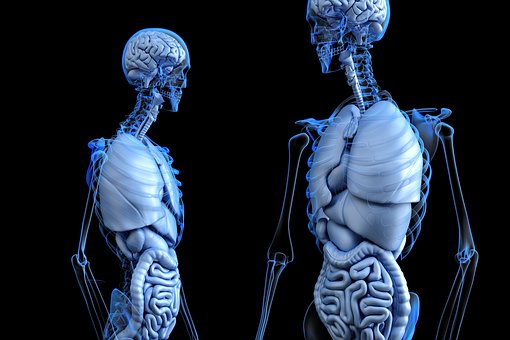Colonoscopy is the gold standard for finding and removing polyps which could cause colon cancer. Prepping for the test requires imbibing volumes of laxative solutions to cleanse (via diarrhea) the bowel for better viewing.
Not fun, but the doctor needs to see a clear picture.
One interesting question which rarely comes up is how do these cleansers—usually sodium phosphate or polyethylene glycol—affect the gut microbes.
One study done a few years ago examined if colonic lavage changes the natural state of microbes in healthy human subjects.
Twelve healthy individuals were divided into three groups:
All groups underwent baseline un-prepped flexible sigmoidoscopies (FSIG) with biopsies. These are also used to evaluate the colon.
- Experimental group: received standard bowel cleanser followed by a second FSIG
- Control group: no bowel prep, then second FSIG
- Second control group: clear liquid diet followed by a second FSIG
Microbial communities from the two procedures in each subject were compared.
Results: Standard bowel preparation altered the diversity of mucosa-associated microbiota. Taxonomic classification did not reveal changes at the phylum level, but there were differences at the genus level.
In a previous study by Mai and colleagues, changes in the fecal microbiota were examined in five individuals undergoing screening colonoscopy. In three of the five subjects, microbial profiles were different in stool samples collected after colonoscopy compared to stool collected before colonoscopy; bowel preparations changed the luminal (fecal) gut bacteria.
Stability is crucial. Microbes attach to the mucosa and establish a niche with biofilms and compete against pathogens, impacting health and the development of disease.
These studies were intended to show how the actual cleanse could confound results. But they also illuminate potential harms which should be accounted for when considering benefits and risks of procedures which require bowel cleansing.
For microbes in our guts, the tsunami of diarrheal agents may disturb their communities. Little is known about if and when microbiota returns to its normal pre‐colonoscopy composition and whether short‐term distortions increase disease risks.
Another wrinkle: serial colonoscopies are increasingly overused (follow-up interval was shorter than recommended in 34% to 69% of patients in two studies in the United States) to monitor colon polyps. It may be prudent to rethink the benefits.

